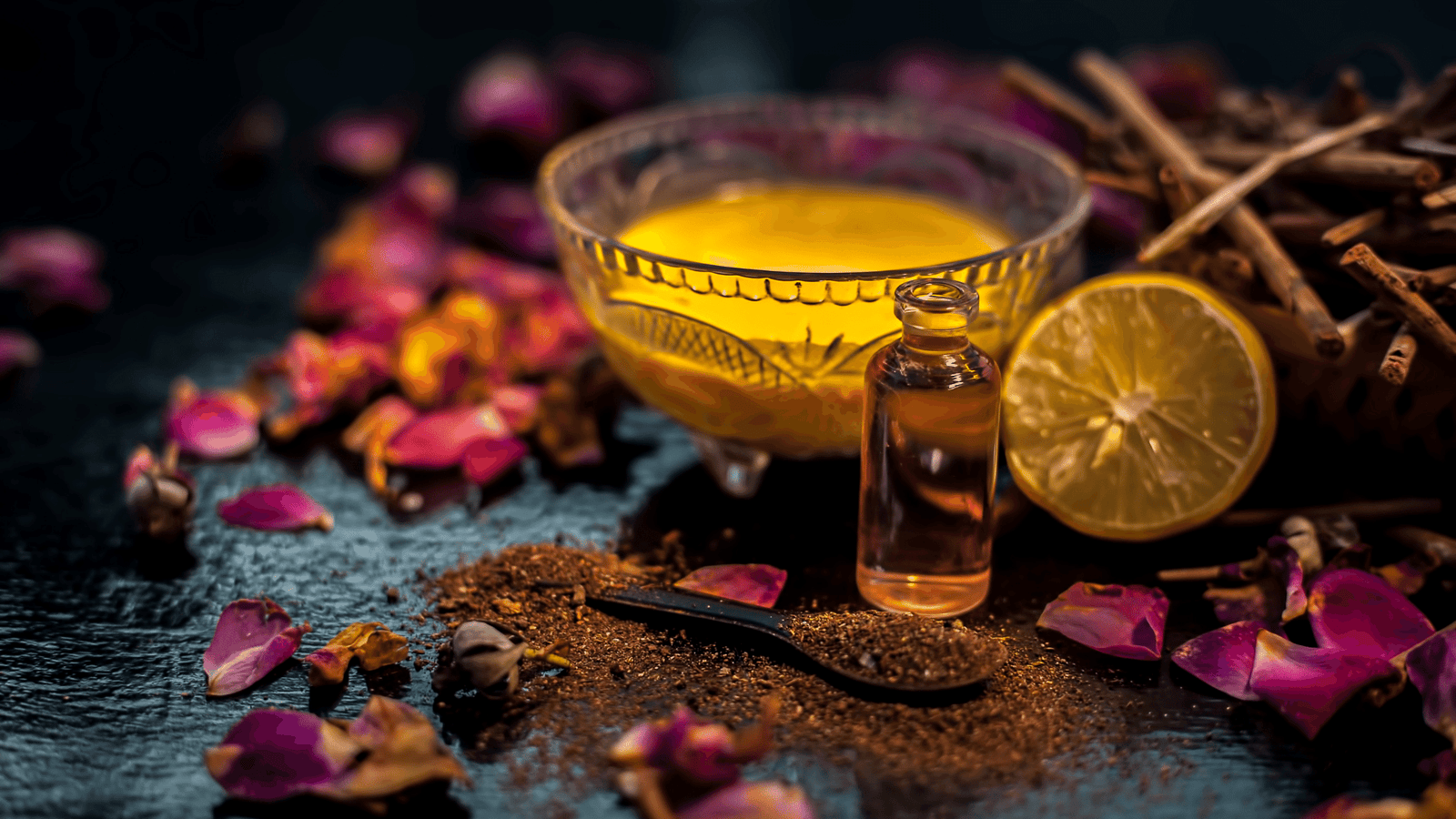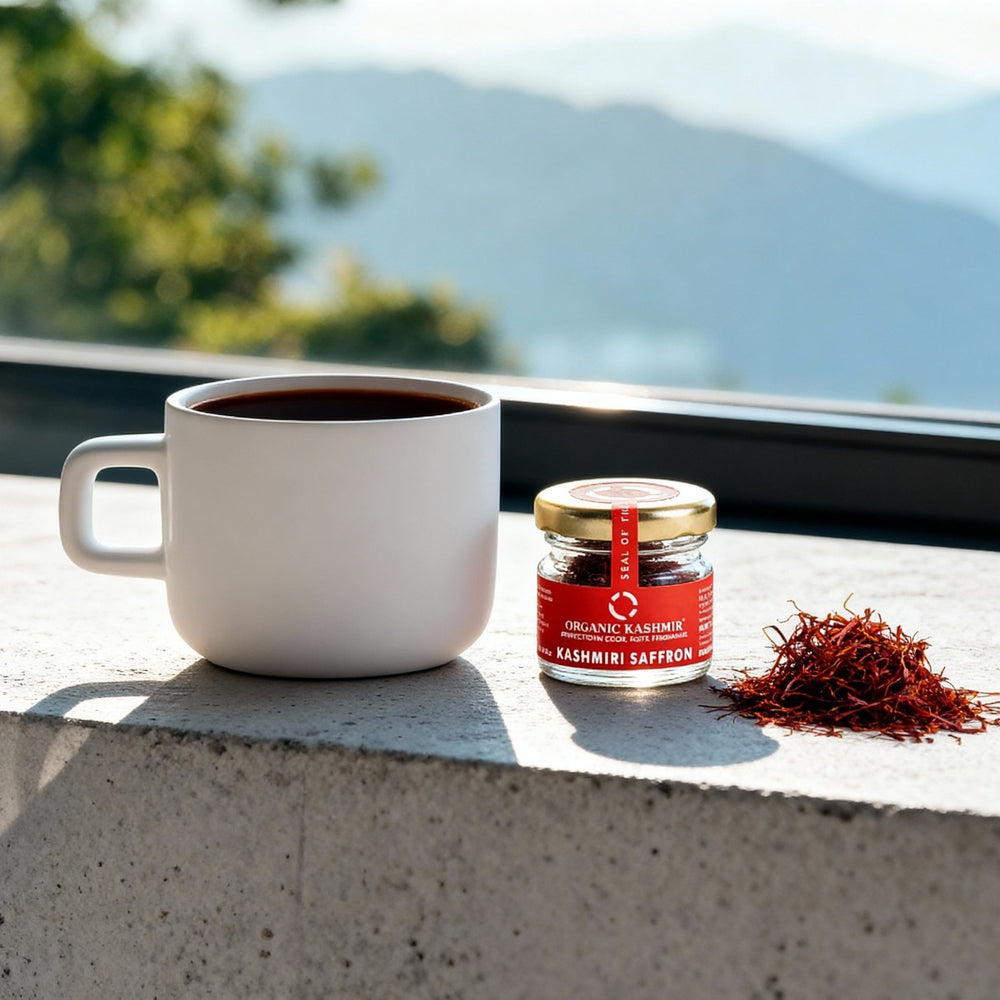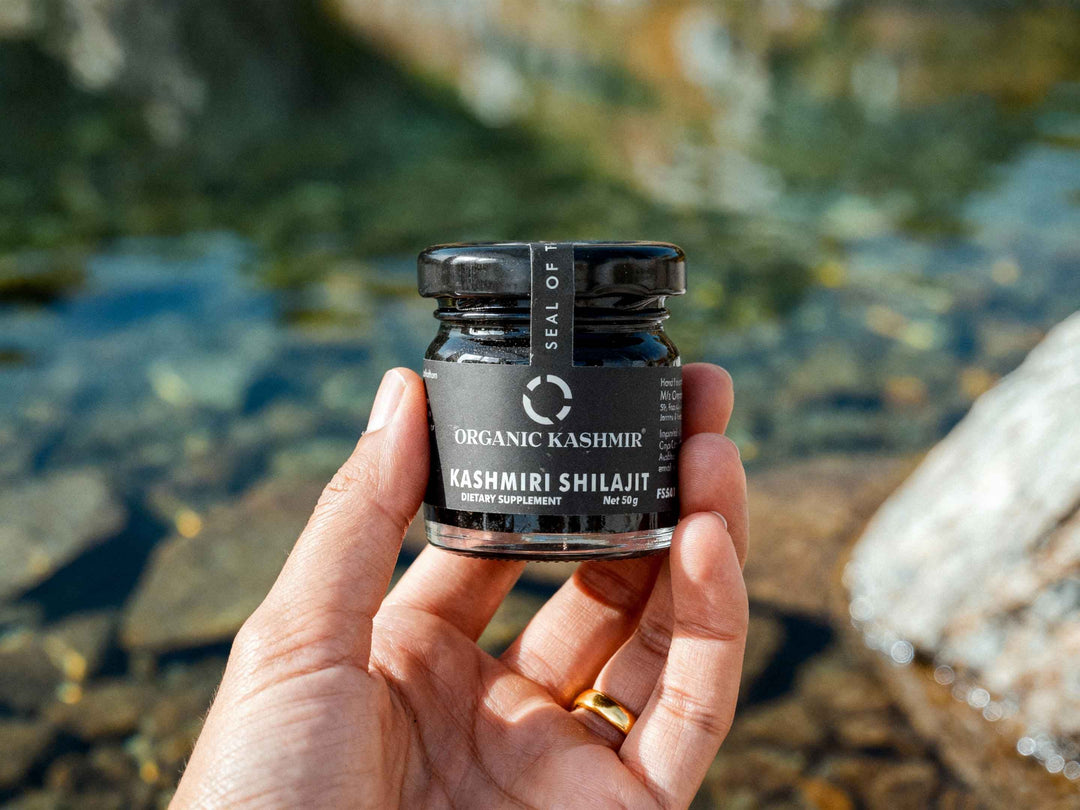Manjistha (Indian Madder)

Rubia Cordifolia is the scientific name of ancient Indian Ayurvedic herb called Manjistha. It is known for its excellent blood purifying properties. It is a flowering plant belonging from the family named ‘Rubiaceae’. Leaves are pointed and heart-shaped. It is a branched climber plant which uses leaves and roots to climb and form a structure. Flowers come out from June to August with five pale yellow petals, followed by small red or black berries. The stems are long and slender and the roots are brownish red and can grow up to 1 meter long with thickness of approx. 12mm.
Loamy soil with constant moisture is preferrable for growth of this plant. Manjistha mainly grows in deciduous forests, shrubs, grasslands and forest edges. This is widely cultivated in India, Tibet, Nepal, Sikkim, China, Bhutan, North Africa, Greece, Manchuria and Siberia. Manjistha is being used as a traditional Ayurvedic medicine for more than 5000 years.
Common names of Rubia Cordifolia
In Sanskrit, Bengali, Marathi and Kannada, it is known as Manjistha. In Hindi and Gujarati, it is known as Majith; Tamravalli in Telugu, Manjittie vayr in Tamil, Manjadi in Malayalam, Yojana balli in Kannada, Manjit in Punjabi and Chitravalli Marathi. Some other common names are Bengal madder, Indian madder, Rubia root etc. In Ayurveda, it is known as Aruna, Chitrangi, Hemapushpi, Kshetrini, Tamramuli, Vasraranjani, Yojanavalli, Janani, Lohitika, Mandukaparni, Munjistha etc.
Ancient Ayurveda physician, Charaka, has mentioned Manjistha as ‘Atreya Aranyaka’ which signifies as ‘rejuvenating herb’. In many Ayurvedic scriptures, Manjistha has been mentioned to be formulated as ‘Raktadoshahara (blood purifier), Sangrahini (treatment of diarrhoea), Kamala (treatment of jaundice), Amahara (indigestion), Pandu (for skin disorders), Deepana (to improve digestive fire), Rochana (to stimulate appetite), Mehahara (urinary tract infection), Triptighno (peudo-satiation treatment), Anulomana (treating breathing issues), Vran Ropana (to heal wounds), Hridaya (to treat heart disease), Krimihara (intestinal worm killer), Kupachan (to prevent bloating), Trutahara (excessive thirst problem) and Balya (for improving muscle strength).
Bio-active components of Manjistha
Studies have shown that Manjistha root extracts contain purpurin, xanthopurpurin, munjistin, ruiearbonls, mangistin, 1-hydroxy 2-methoxy and glycosides like rubiprasin A, B and C. The root extracts have been proven to have properties like anti-hepatomegaly, anti-pyretic, anti-inflammatory, anti-microbic and anti-splenomegaly. These medical properties aid to treat fever, psoriasis, diarrhoea, asthma, liver diseases and rheumatoid arthritis.
Ayurvedic properties of Manjistha
Rasa: Madhura (Sweet), Tikta (bitter) and Kashaya (Astringent)
Guna: Heavy (Guru) and Rukhsha (dry)
Virya: Ushna (hot potency)
Vipaka: Katu (pungent)
According to Ayurvedic scripture, this herb improves voice quality and complexion of the skin. It works as an antidote for kapha imbalance and vaginal disorders. In addition to that, it can also be used in treating eyes and ears disorders. It is useful as remedy of blood disorders, diabetes, herpes, wounds, bleeding stools and skin diseases.
Excellent blood purifier
Both astringent and bitter tastes are cooling for the body which is extremely helpful for pacifying excess pitta dosha. According to ancient Ayurvedic physician named Sushruta, Manjistha has been named as ‘Pittasamsamana’ which denotes ‘pitta dosha pacifier’. Manjistha leaves are extremely beneficial in penetrating the blood deep enough and removing toxins from rasa and rakta dhatu helping in smooth blood flow. It maintains clean blood flow between liver and heart. It also helps in removing imbalance of kapha dosha. Manjistha can be blended with Shatavari to correct kapha dosha. Rasa dhatu and rakta dhatu are the fundamental tissue layers for healthy body. The clearer these layers are, the better the functions of the body will be. As a potent blood purifier, Manjistha helps to maintain glowing and radiating skin health.
Health benefits of Manjistha
Healthy lymphatic system
Being an active blood purifying agent, Manjistha is very helpful in maintaining clear ducts throughout the body for smooth transportation of blood and nutrients. The root extract cleans the dhatus from the core providing healthy lymphatic ducts, which in turn, boosts immune functions of the body.
Healthy skin
The anti-inflammatory, anti-microbial and anti-oxidant properties develop one-step remedy for all types of skin diseases. Manjistha helps in treating allergic skin conditions like eczema, scabies, psoriasis, acne, pimples etc. It also helps in creating a shield against harmful radical damage from UV rays.
Prevents Kidney stones
Urolithiasis is a common medical term for kidney stones. Manjistha has antispasmodic properties that helps to clear urinary tract. In addition to this, the bio-active component named ruberythric acid present in Manjistha reduces the accumulation of calcium in kidney.
Menstrual cyclic problems
Women having PCOD syndrome can benefit immensely from consumption of Manjistha. This herb is extremely powerful in treatment of hormonal imbalances. Manjistha aids regular and healthy periodic cycles, relieves excessive abdominal pain and treats postnatal ailments. It is beneficial in treatment of dysmenorrhea in subsiding the pain.
Liver function
This herb is a magical remedy for liver problems due to its active hepatostimulative and hepatoprotective properties. It helps in normal functioning of the liver enzymes, detoxifies the liver and prevents jaundice.
Respiratory issues
Manjistha has remained a traditional Ayurvedic remedy for fever, cough, cold, flu, sore throat and nasal problems. The potent anti-asthmatic and antibiotic properties work as a powerful remedy for all kinds of breathing and bronchial conditions.
Diarrhoea
The formulations made from Manjistha is effective in removing the toxic bacteria, intestinal worms, mucus and other undigested food particles from the intestine. This herb effectively treats dysentery.
Cardiac problems
Manjistha prevents heart diseases by blocking the calcium channel and improves irregular cardiac rhythm. It reduces heart blockages by decreasing the lipid peroxidation and thus prevents heart attacks, blood clots and atherosclerosis. It also helps to maintain good cholesterol level.
Ulcer prevention
Being potent anti-ulcer and anti-inflammatory herb, Manjistha root extract plays a crucial role in preventing peptic ulcer, ulcerative colitis, canker sores etc. This herb promotes healing of wounds and aids regeneration of tissues for faster recovery.
Manjistha can be consumed in the form of churna/powder, gutika or tablets and capsules. One should consult an Ayurvedic practitioner or doctor for therapeutic dosages. Being nature’s gift, Manjistha when taken in moderation on regular basis shows no side-effects and keeps the body healthy internally and externally.
Published By: Ayurveda Store New Zealand | All Rights Reserved.
References:
https://www.netmeds.com/health-library/post/manjistha
https://www.planetayurveda.com/library/manjistha-rubia-cordifolia/







